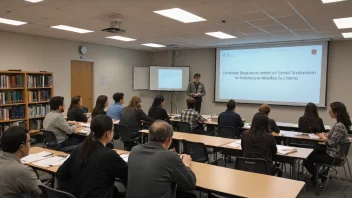Introduction
Literature has long been a powerful tool for social change, providing a voice for the marginalized and a platform for raising awareness about injustices. From novels and poetry to essays and plays, literary works have inspired movements, influenced public opinion, and shaped cultural narratives. In this article, we explore the top five ways literature influences social justice movements, highlighting key works and authors that have made significant contributions in this area.
1. Raising Awareness of Social Issues
Literature often shines a light on societal problems that might otherwise go unnoticed. By presenting stories that reflect real-life struggles, authors can engage readers and provoke thought about critical issues.
- Example: Harper Lee's To Kill a Mockingbird addresses racial injustice in America, encouraging readers to confront their own biases.
2. Providing Historical Context
Many literary works serve as historical documents, offering insight into the social conditions of their time. This context can help readers understand the roots of current social justice issues.
- Example: Zora Neale Hurston's Their Eyes Were Watching God provides a glimpse into the lives of African American women in the early 20th century, highlighting the intersection of race and gender.
3. Amplifying Marginalized Voices
Literature has the unique ability to amplify voices that are often silenced in society. By sharing diverse perspectives, authors can foster empathy and understanding among readers.
- Example: Chimamanda Ngozi Adichie's We Should All Be Feminists presents a compelling argument for gender equality, encouraging readers to consider feminism from various cultural contexts.
4. Inspiring Activism
Many literary works have inspired readers to take action, whether through direct activism or by changing their perceptions and attitudes. Literature can serve as a catalyst for social movements.
- Example: George Orwell's 1984 warns against totalitarianism and government surveillance, inspiring generations to advocate for civil liberties and human rights.
5. Fostering Community and Solidarity
Literature often brings people together, creating a sense of community among those who share similar experiences or beliefs. Book clubs, readings, and literary festivals can serve as spaces for dialogue and solidarity.
- Example: The works of Maya Angelou, such as I Know Why the Caged Bird Sings, resonate deeply with readers, fostering a sense of shared experience and empowerment.
Conclusion
Literature plays a vital role in advancing social justice by raising awareness, providing context, amplifying marginalized voices, inspiring activism, and fostering community. Through the power of storytelling, authors can challenge societal norms and encourage readers to reflect on their own beliefs and actions. As we continue to explore the relationship between literature and social justice, it is essential to recognize the impact that these narratives can have on shaping a more equitable world.






